Therapy in Africa: A Trending Lifestyle or a Cultural Necessity?
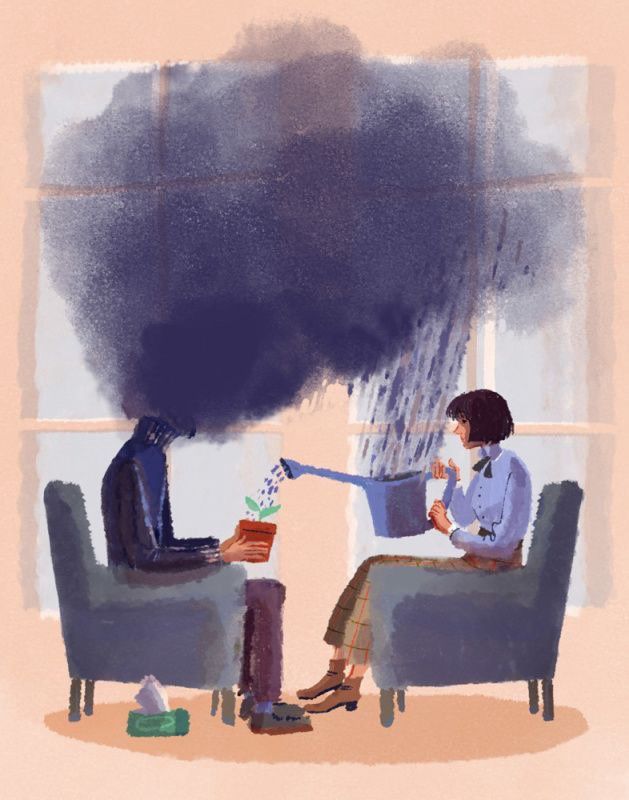
Introduction: A Different Kind of Healing
A few years ago, suggesting therapy to an African friend would likely have earned you a frown or a laugh. “Therapy? For what? I’m not mad.” In many African cultures, therapy was either unheard of, stigmatised, or dismissed as a “Western thing.” Pain was private. Healing was spiritual. Silence was strength.
People took pleasure in being able to mask their emotions. In being able to get over that bad day or that bad situation without anyone finding out.
Fast forward to today: a quiet revolution is happening
African Gen Zs and millennials are embracing therapy. They’re journaling, booking sessions, starting podcasts, and casually saying, “My therapist said…” From Nairobi to Accra, Lagos to Johannesburg, therapy is no longer whispered about—it’s a part of everyday conversation.
There isn't a day you would go about without hearing mention of “therapy” Or surrounded by conversations of it. What started off as a thing to be ashamed of when attributed to, is now a thing that has gained public recognition. Not just the westerns, even in Africa.
But beneath this visibility lies a question worth asking:
Is therapy truly becoming a necessity in African life, or is it just the latest lifestyle trend among the emotionally fluent elite?
The Rise of Therapy Talk in African Spaces
Image credit: pinterest
Social media has radically reshaped how young Africans talk about mental health. Words like trauma, inner child, burnout, and emotional boundaries now flood Twitter, TikTok, and Instagram. A new emotional vocabulary has emerged.
You hear things like:“I'm doing this for my inner child.”,” The week has left me exhausted and burnt out, I need therapy.”even though what you just need is a rest,” I'm traumatised from my last experience.”
Therapy platforms like Mindline (South Africa), Therapify (Nigeria), Wazi (Kenya), and Blueroomcare are growing rapidly. Online therapy is becoming more accessible. Meanwhile, therapy-related content trends weekly. Even African celebrities like Lupita Nyong’o and Sauti Sol’s Bien openly share their journeys.
Saying “I’m in therapy” is slowly becoming a badge—of self-awareness, access, and soft strength.
But where does visibility end and performance begin?
Is Therapy the New Aesthetic?
Not all therapy talk is sincere. In some circles, therapy is more personality than process. People quote therapists they’ve never met. Hashtagged healing journeys flood timelines. Buzzwords like “cutting off toxic people” are casually thrown around, masking avoidance as empowerment.
You come online to take a break from the real world,but you're met with a healing journey content. You refresh your page for the 7th time,but on your 10th scroll, you're met with your favourite influencer talking about the need for therapy, even though what you need at that moment was a skit to smile at or money to get your cravings. Even possibly, a rest.
“Therapy isn’t Instagram-deep. It’s messy, painful, expensive—and often very private.”
Still, even the performative edge plays a role. When healing becomes visible, it becomes normalised. And when it’s normalised, stigma begins to fade.
From Generational Survival to Emotional Clarity
The rise of therapy among African youth isn’t just a trend—it's a response. A response to emotional fatigue, to unspoken trauma, and to familial dysfunction.
Many African youth were raised in environments where:
Emotion was weakness
Mental illness was spiritualised or mocked
Gender roles dictated who could feel
Discipline replaced conversation
Trauma was inherited but unnamed
Most of the games we played while we were small were born out of coping mechanisms. Many of us, if not all, grew up in an emotionally absent home.
When something is done and it is attributed as “typical African home,” just know that narrative is abuse concerned. Those tiktok trends you see and all of a sudden you can relate with it, not out of sweet memories,but the fear that came with it back then—that shows the extent at which every African home has been emotionally deprived.
You mistakenly use your father's plate to eat? You're dead even before he finds out. You commit a mistake that could be rectified just from a conversation? You've already made up your mind to face hell in the hands of your parents. You slam the door mistakenly after a verbal exchange between your mother? Just know you'll be born again, literally.
“Our parents were taught to endure. We’re learning to express.”
This shift isn’t about rejecting African values—it’s about evolving them.
Why Therapy Feels Urgent Now
Today’s African youth are navigating:
Unemployment and economic instability
Protest trauma and state violence
Toxic family dynamics and repressive gender norms
Overstimulation from the digital world
In this context, therapy is no longer a luxury—it's a lifeline.
“In a continent full of noise, therapy offers silence with purpose.”
But Therapy Is Still a Privilege
Image credit: pinterest
Let’s not romanticise it: access to therapy is still unequal.
Barriers Include:
Cost: One session can cost ₦10,000–₦30,000 ($10–$40)
Stigma: Therapy is seen as madness or indulgence in many communities
Language Gaps: Most therapy is conducted in English or French
Cultural Mismatch: Western therapy models often ignore African context
So while therapy is trending, it remains out of reach for millions.
What African Therapy Should Become
If therapy is to truly help Africa—not just trend—it must be decolonised and contextualised.
What That Means:
Use of local languages and storytelling
Inclusion of traditional healing frameworks
Affordable, anonymous platforms
Culturally fluent therapists
Community-based and school-driven models
“We don’t need to Westernise healing—we need to make healing belong.”
When Therapy Becomes Revolution
Even when therapy begins as a trend, it can transform lives.
A young person who books therapy for “the aesthetic” might still:
Name abuse for the first time
Understand their triggers
Break cycles their parents never questioned
“Trendy or not, therapy is helping African youth name pain our parents couldn’t.”
In this way, therapy becomes a quiet revolution.
Conclusion:
So—is therapy a cultural shift or a fleeting trend?
The truth is: both.
It’s trending, yes. But it’s also helping African youth unlearn silence, reclaim emotion, and dismantle shame.
We may not all be in therapy—but we’re talking about it, and that alone is historic.
Because for Africa to truly rise, our healing must be:
Spiritual
Emotional
Communal
And ongoing
“We are not weak for needing help. We are brave for seeking it.”
You may also like...
Therapy in Africa: A Trending Lifestyle or a Cultural Necessity?

Therapy is rising in African spaces—but is it a trend or a true cultural shift? This article explores how African youth ...
The Real Cost of Political Apathy: Why Choosing Silence Is Still a Choice
.jpeg)
Apathy is silently eroding African democracies. This powerful article explores why youth political disengagement isn't n...
Tech But No Touch: Is AI Disrupting Human Intimacy?

As AI weaves deeper into our emotional and romantic lives—from dating apps to virtual companions—this article explores h...
Social Media Activism: Real Change or Just Noise?
.jpeg)
From #EndSARS to #MeToo, hashtags have raised awareness—but is digital protest enough? This article explores the power a...
Can African Men Be Pretty Too?
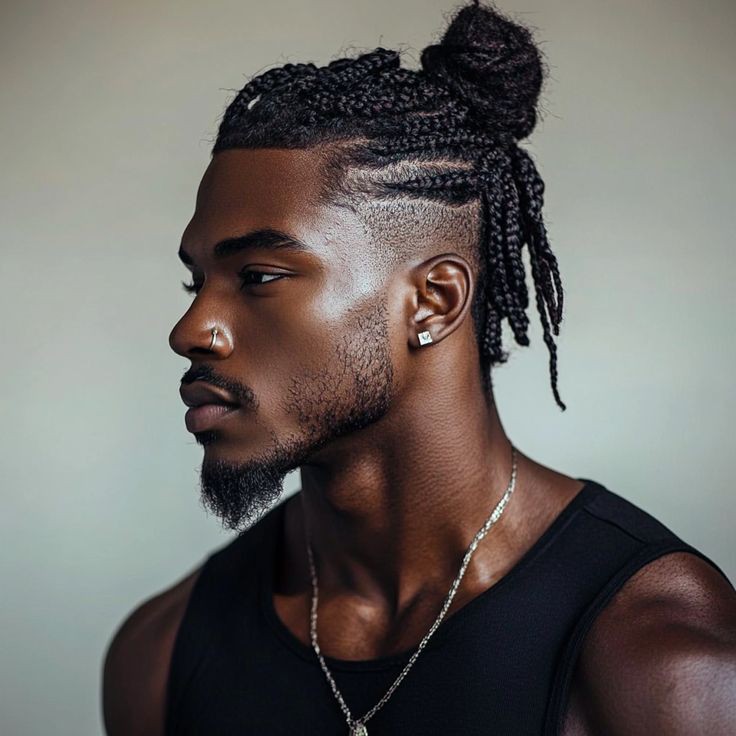
Can African men be pretty without judgment? This bold essay challenges rigid gender norms, celebrating the quiet rebelli...
The Mind Forgers: Is Social Media Building Echo Chambers That Break Our Reality?
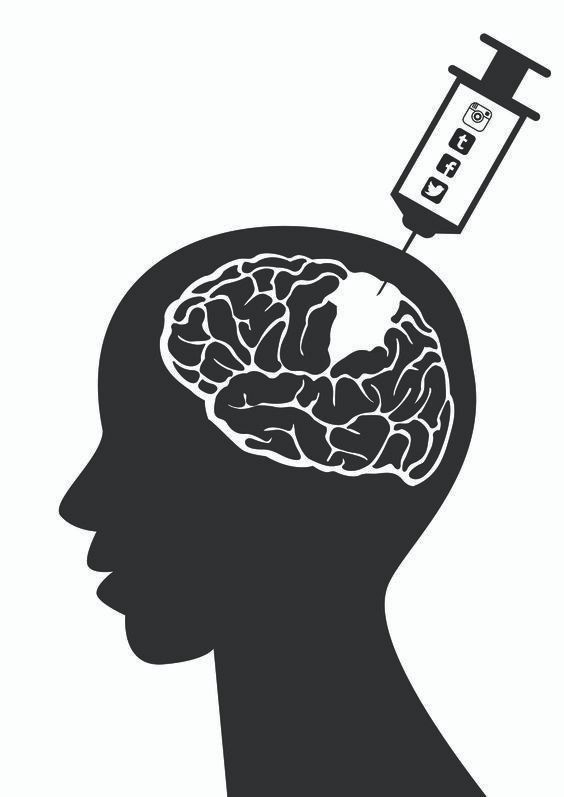
Do social media echo chambers break our reality? Explore how algorithms program minds, fuel polarization, erode critical...
Is Democracy Working for the Average African Youth?
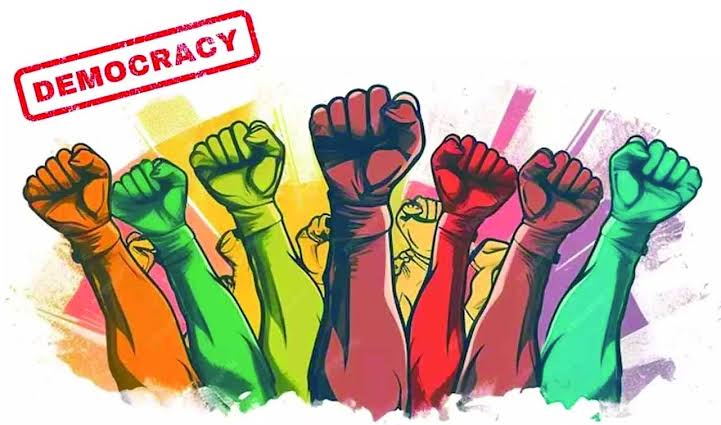
Despite regular elections and democratic systems, many African youth feel excluded from real change. This article examin...
Why Sleep is the New Flex Among Burnt-Out Youth
.jpeg)
Across African cities, a new generation is rejecting burnout and embracing sleep as the ultimate form of self-care and...
.jpeg)
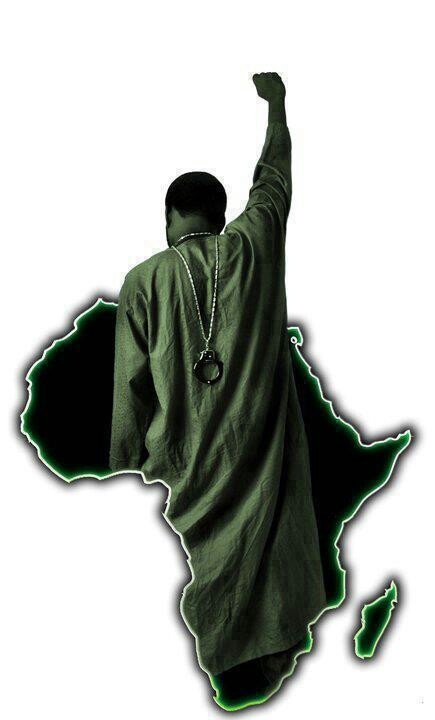

.jpeg)